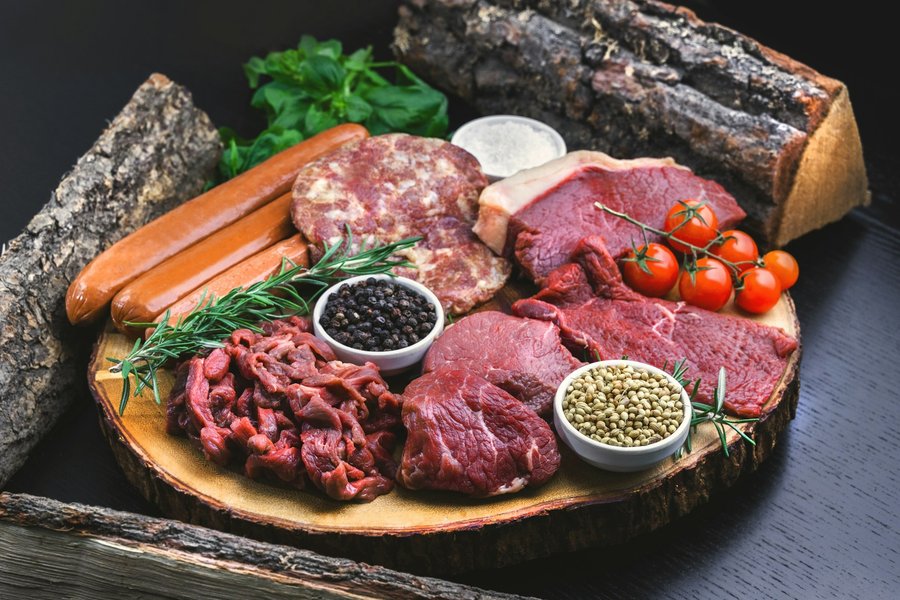What does it mean to be tyramine intolerant?
Tyramine is a natural compound found in many foods, especially fermented foods such as cheese, sauerkraut, soy sauce and wine. However, it is not only found in fermented foods, but also in many other foods such as nuts, legumes, avocados, bananas and citrus fruits.
The symptoms of tyramine intolerance are often similar to those of histamine intolerance and can include headaches, high blood pressure, rapid heartbeat, nausea and vomiting. Tyramine intolerance is more common in people who suffer from migraines. Tyramine is thought to play a role in triggering migraine attacks, and many people with migraines have found that they see an improvement in their symptoms when they avoid tyramine-rich foods. There is also evidence that tyramine may play a role in the development of depression. Some studies have shown that a diet low in tyramine can help improve mood, especially in people with a family predisposition to depression.
What to do if you suffer from tyramine intolerance
If you suffer from tyramine intolerance, it can be helpful to take certain steps to alleviate your symptoms. Avoid foods that are high in tyramine. These foods include raw or poorly stored meats, beans, nuts, cold cuts, cheeses and wines. It is advisable to give preference to fresh foods, as these generally contain less tyramine. Processed foods such as canned foods, frozen foods and ready meals should be avoided.
Another tip is to take enzyme supplements before each meal. Some people with tyramine intolerance report that this can be helpful in reducing reactions. It is also important to monitor your symptoms and keep a diary of your diet. This will help you to identify and avoid foods that you cannot tolerate.
Healthcare professionals can help you get a diagnosis and give you personalized recommendations on how to best treat your tyramine intolerance. Discussing a special diet with a dietitian to ensure you get all the important nutrients while avoiding tyramine is also recommended.

Did you already know?
Monoamine oxidase inhibitors are antidepressants that inhibit the enzyme MAO-A, which is responsible for the metabolism of tyramine, among other things. This inhibition slows down the breakdown of various neurotransmitters such as dopamine, serotonin and noradrenaline. As a result, these neurotransmitters are ready for signal transmission, which in turn has a positive effect on the mood of patients* with depression. However, these medications are usually not the first choice due to dietary interactions with tyramine. Taking MAO inhibitors and eating tyramine-rich foods (e.g. cheese) at the same time can lead to an increase in blood pressure and even a hypertensive crisis.
![[Report Bild]](/static/reportImages/tyramin.jpg)